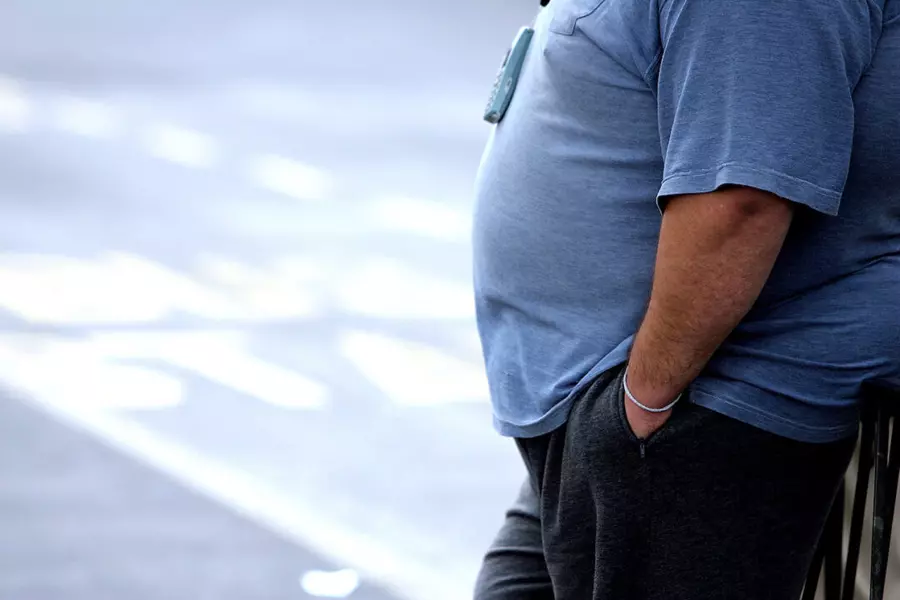Researchers have proposed using cash incentives to motivate individuals to lose weight, following a study that showed a £400 reward combined with daily text messages helped obese men shed pounds. The study found this approach could be cost-effective as obesity places a significant strain on the National Health Service (NHS), with an estimated annual cost of £6.5 billion.
The 426 male participants were divided into three groups, with one cohort receiving £400 in a bank account at the start of the trial, to be transferred upon reaching their weight loss goal; otherwise, money would be deducted for failing to meet targets. The daily text messages they received contained motivational advice, such as “walk a different route home to avoid the kebab shop.
The second group received only the daily texts without financial incentives, while the third group had access to weight management information but no additional support. At the end of the study, those in the financial incentives group received £128 on average, with 27 individuals earning the full £400. Men in this group lost an average of 4.8% of their body weight, compared to 2.7% for the second group and only 1.3% for the third group.
The researchers emphasized that the cash incentives program could be more affordable than traditional weight loss programs, requiring fewer resources like staff members. They also highlighted the importance of involving those affected by obesity in designing the incentive structure and text messages.
This study was able to recruit men from less affluent areas and those with long-term health conditions or disabilities, who are often underrepresented in weight management trials. Participants received £50 for losing 5% of their body weight within three months, another £150 upon losing 10% within six months, and a final £200 if they maintained this weight loss for an additional six months.
Funded by the National Institute for Health and Care Research through the Department of Health and Social Care, researchers at Stirling University conducted the study in partnership with other universities. The 2021 Health Survey for England reported that 25.9% of adults are now considered obese, with men more likely to be overweight or obese than women. Although the NHS has not yet announced plans to implement cash incentives for weight loss, researchers believe this approach could prove cost-effective in the long run if its impact is sustained.

